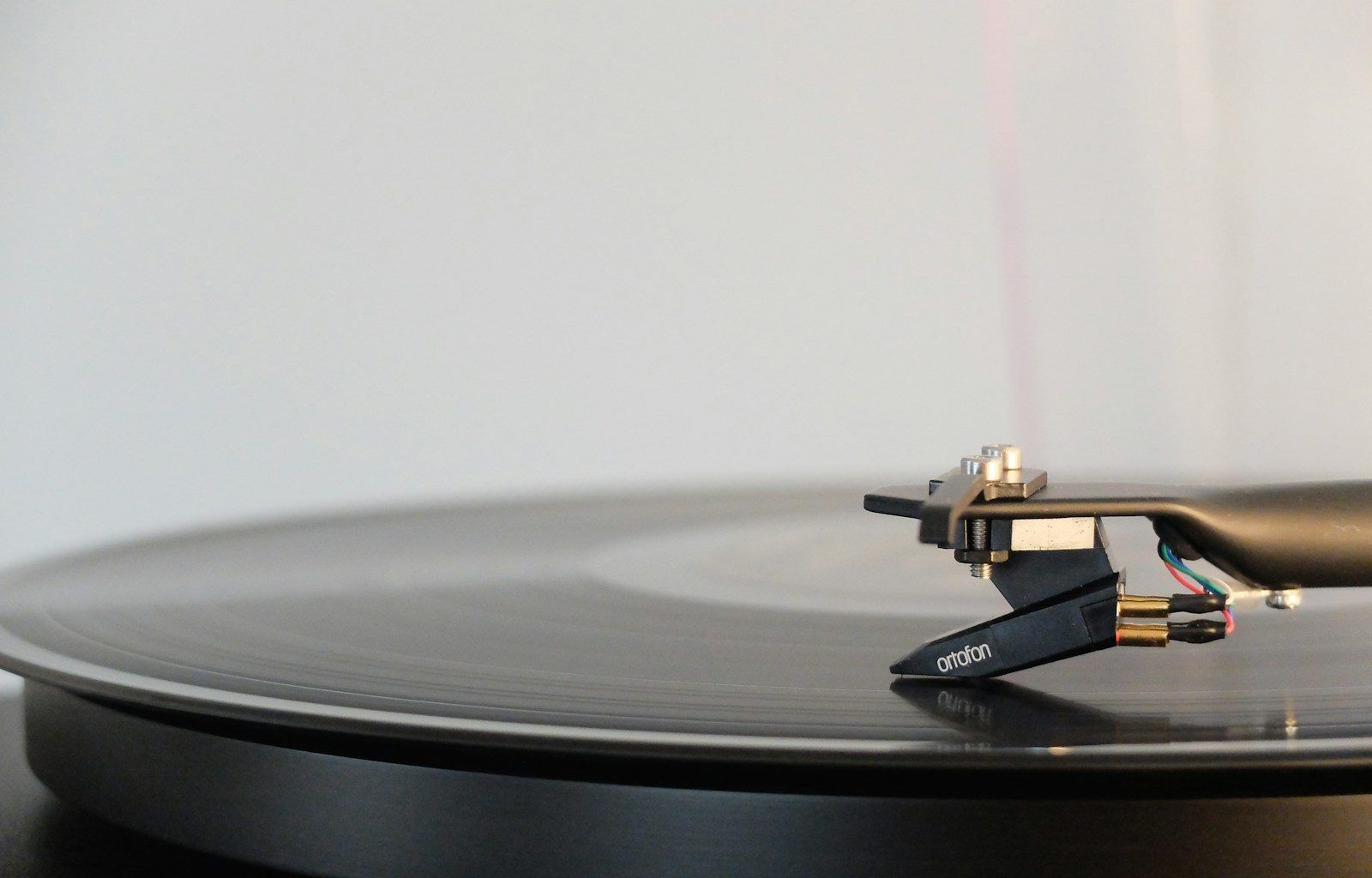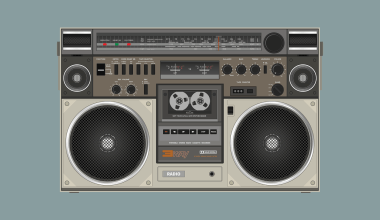Getting your music on the radio can feel like a big task, but it doesn’t have to be overwhelming. Whether you’re an emerging artist or a seasoned musician, landing a spot on the airwaves is a powerful way to reach new listeners and grow your audience. In this guide, we’ll break everything down into simple, actionable steps so you can focus on what matters most: sharing your music with the world.
Why Radio Still Matters in the Digital Age
Even with the rise of streaming platforms, radio continues to play a vital role in music promotion. Radio reaches millions of people daily, offering exposure to listeners who might not stumble across your tracks on their playlists. Plus, there’s something magical about hearing your song announced by a DJ for the first time. It’s not just a milestone; it’s validation for all the hard work you’ve put into your craft.
Step 1: Perfect Your Music
Before you even think about pitching your music to radio stations, make sure your songs are top-notch. This means professional-quality recordings and mixing. Consider hiring a producer or sound engineer to help polish your tracks. A great song with clean production is more likely to grab attention than something that sounds unfinished.
Key Tips:
- Record in a professional studio if possible.
- Pay attention to mastering—it ensures your music sounds good on all devices.
- Get feedback from fellow musicians or fans before finalizing your tracks.
Step 2: Identify Your Target Stations
Not all radio stations will be a good fit for your music. Start by researching stations that play your genre. If you’re a hip-hop artist, focus on urban and rhythmic stations. If you’re into indie rock, seek out alternative or college radio stations.
How to Find the Right Stations:
- Look up local stations in your area.
- Use online directories like Radio-Locator to discover stations nationwide.
- Pay attention to stations that feature emerging artists.
Step 3: Create a Compelling Press Kit
Your press kit is like your musical resume. It should tell radio stations who you are and why your music deserves a spot on their playlists. A well-organized press kit makes a strong first impression.
What to Include:
- A professional bio with highlights of your career.
- High-quality photos and album artwork.
- Links to your best songs or EPs.
- Any press coverage or notable achievements.
Make sure everything is easy to access. Consider hosting your press kit on your website or using a service like EPK Builder.
Step 4: Build Relationships with DJs and Program Directors
Radio stations are run by real people, and relationships matter. Take the time to connect with DJs and program directors who have the power to play your music.
Ways to Connect:
- Attend local music events or station-hosted concerts.
- Follow stations and DJs on social media.
- Engage with them by commenting on their posts or sending polite messages.
Step 5: Submit Your Music
When you’re ready to send your music, follow the station’s submission guidelines carefully. Many stations have a dedicated email or online form for music submissions. Attach your press kit and include a short, personalized note explaining why your song is a good fit.
Pro Tips:
- Double-check file formats (MP3 is usually preferred).
- Label your files properly with your artist name and song title.
- Avoid sending mass emails; personalize each submission.
Step 6: Leverage College and Community Radio
College and community radio stations are often more open to playing unsigned or independent artists. They’re a fantastic starting point for building momentum.
How to Approach:
- Reach out to student-run stations at local universities.
- Offer to do an interview or in-studio performance.
- Ask for feedback if they don’t accept your submission.
Step 7: Promote Your Airplay
Once your music is on the radio, let people know! Share the news on social media, and encourage your fans to tune in. This not only helps build excitement but also shows radio stations that you have an engaged audience.
Ways to Spread the Word:
- Post a clip of your song being played on Instagram.
- Tag the radio station and thank them.
- Share the station’s broadcast link so fans can listen online.
Step 8: Stay Persistent and Patient
Getting your music on the radio doesn’t happen overnight. Keep refining your approach, building relationships, and staying dedicated to your craft. Even small wins, like a single airplay on a college station, can lead to bigger opportunities down the road.
Final Thoughts
Breaking into radio can be challenging, but it’s also incredibly rewarding. By focusing on creating amazing music, targeting the right stations, and building genuine connections, you’re setting yourself up for success. Remember, persistence pays off. With every step you take, you’re one step closer to hearing your music on the airwaves.
Related Articles:
For further reading, explore these related articles:
For additional resources on music marketing and distribution, visit DMT Records Private Limited.






